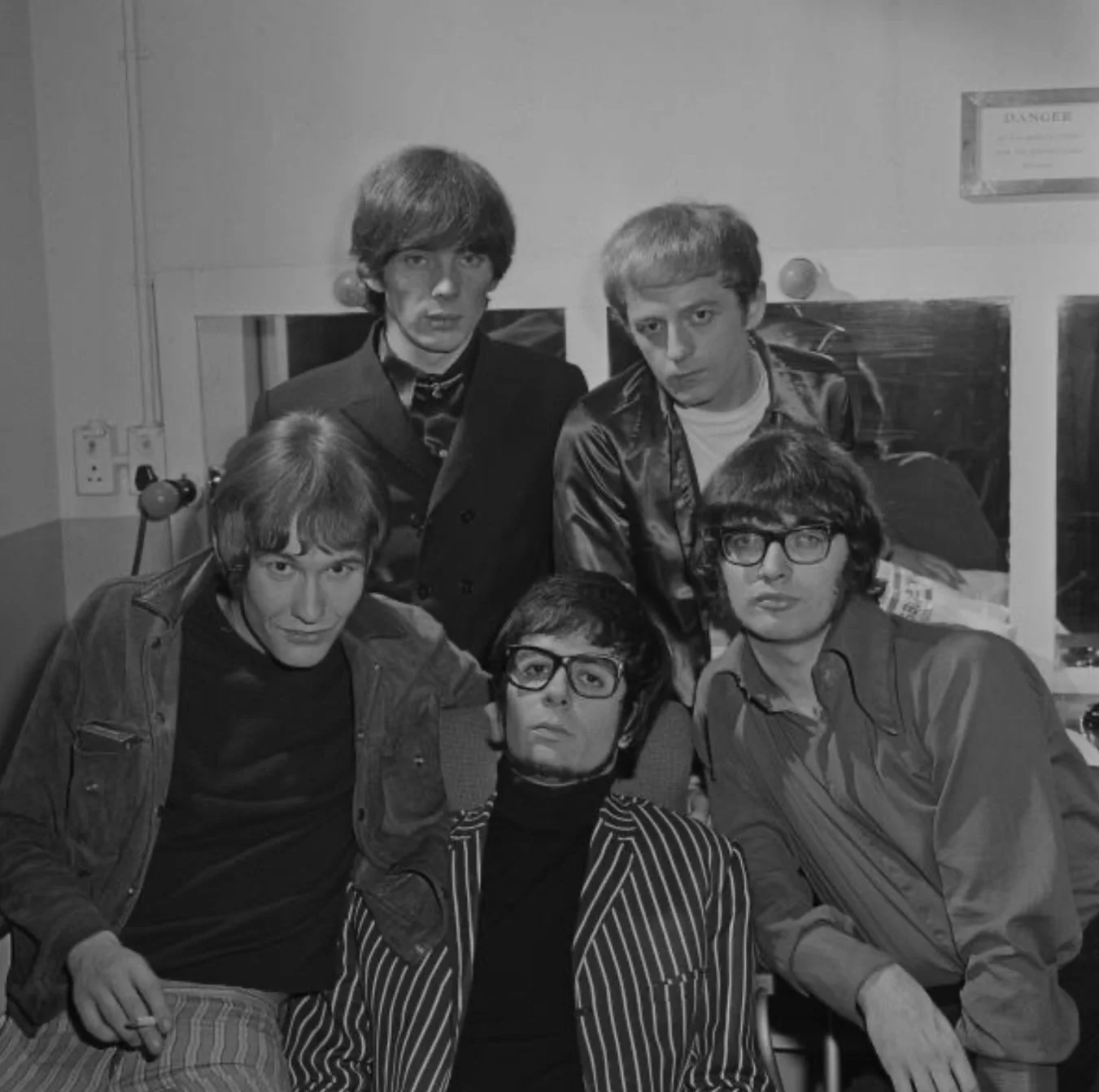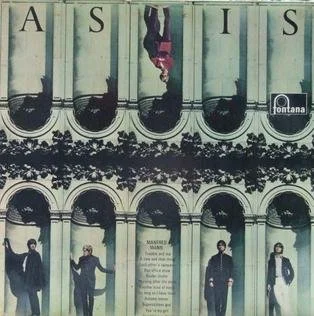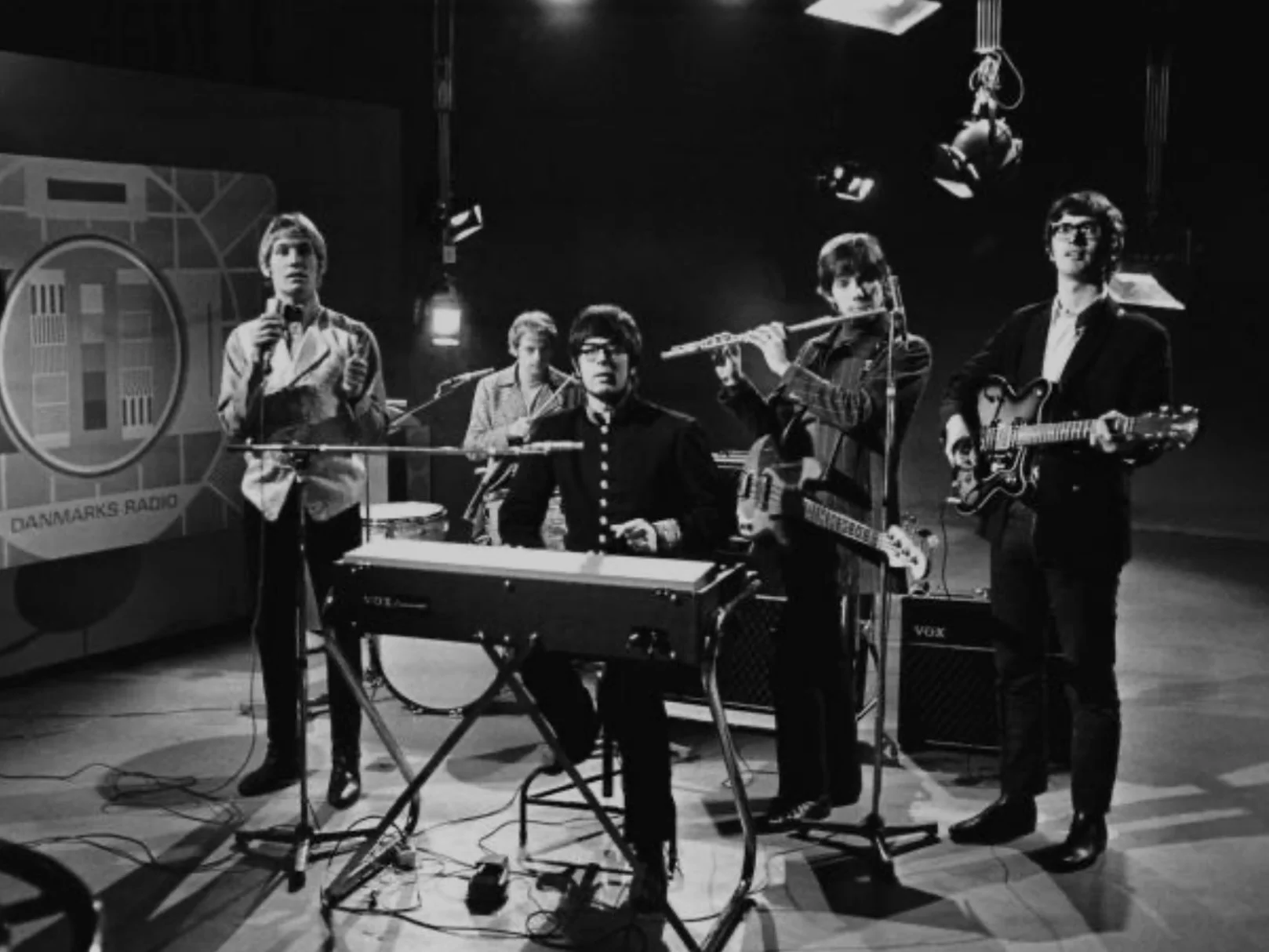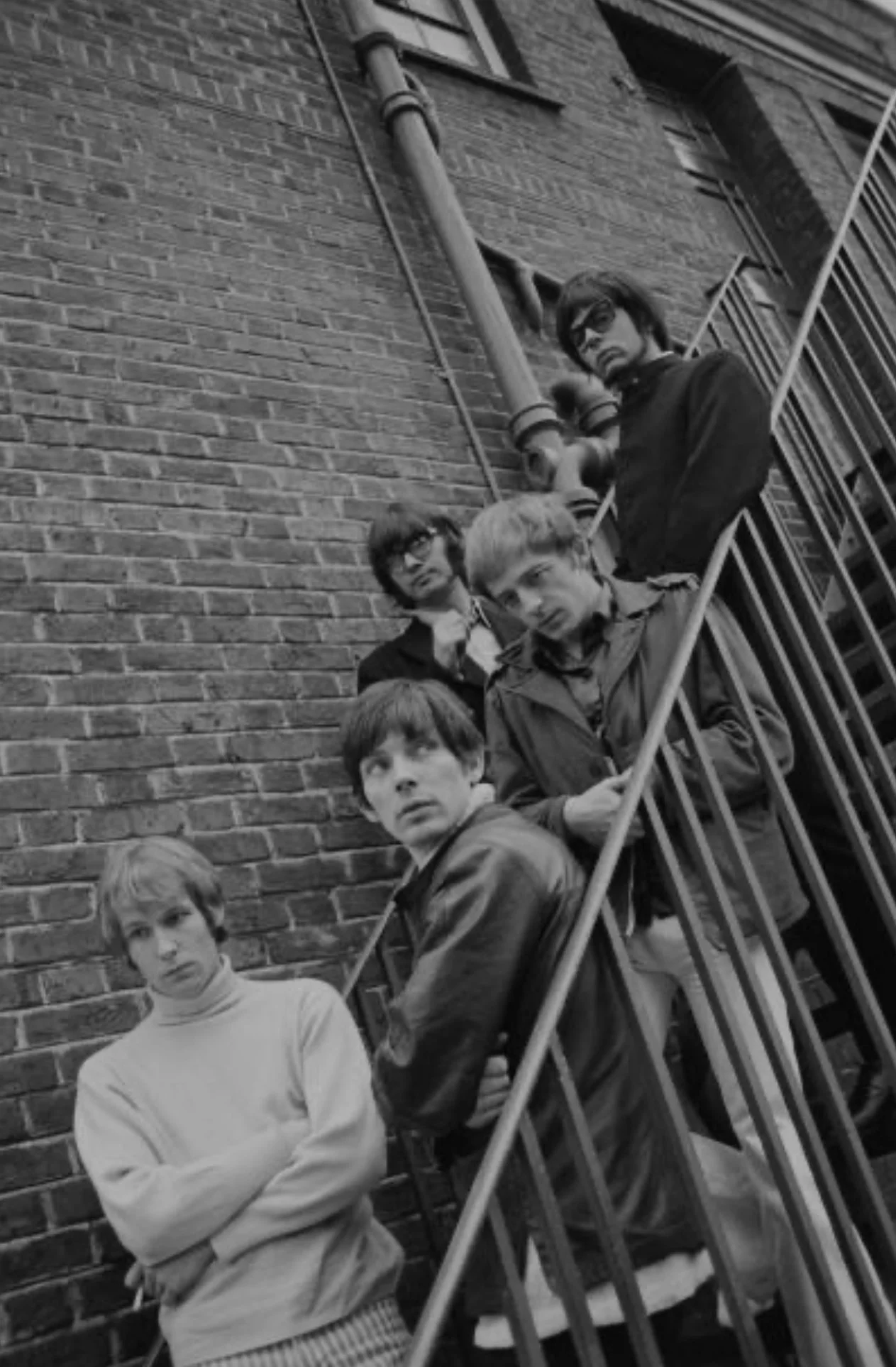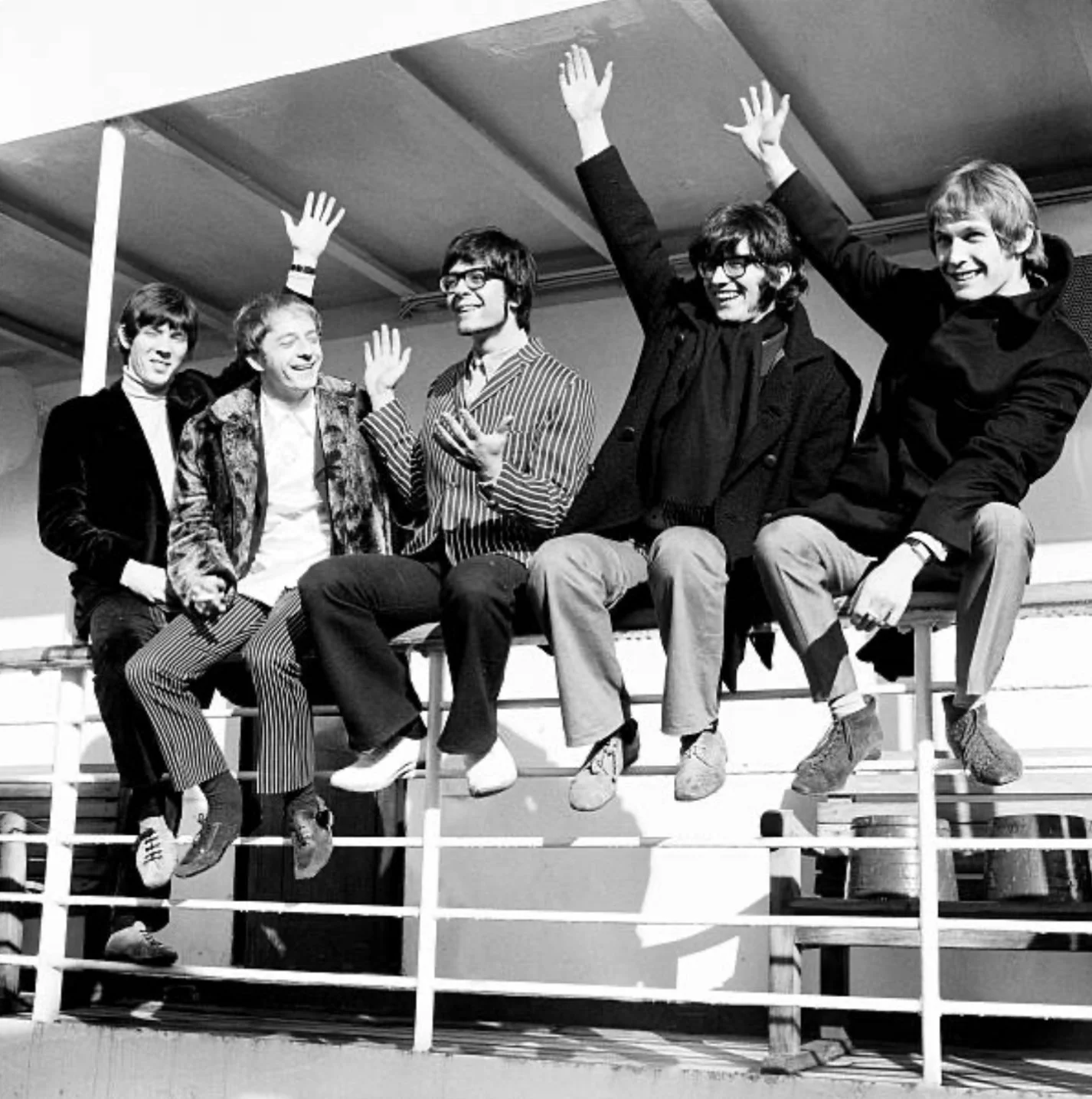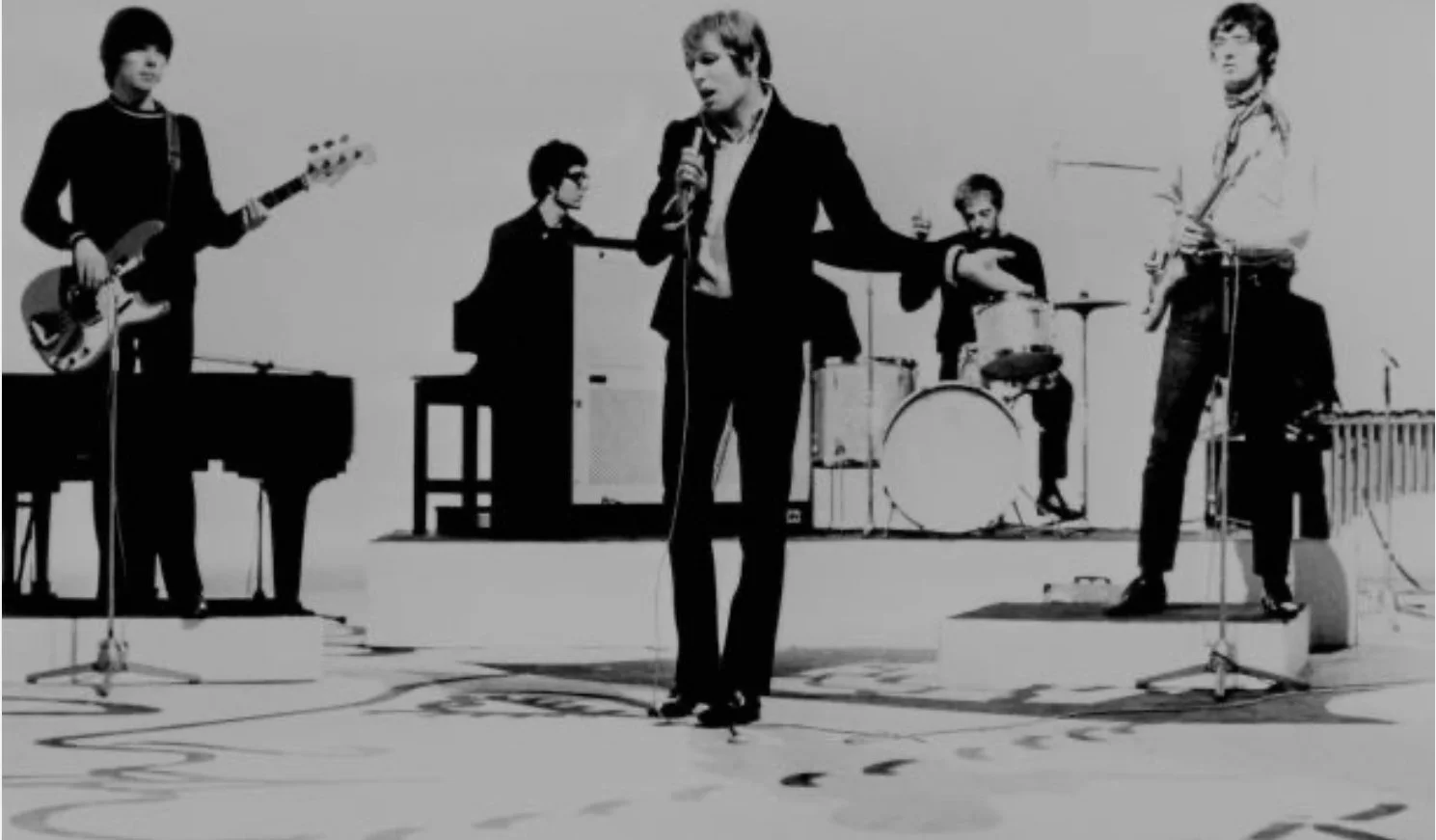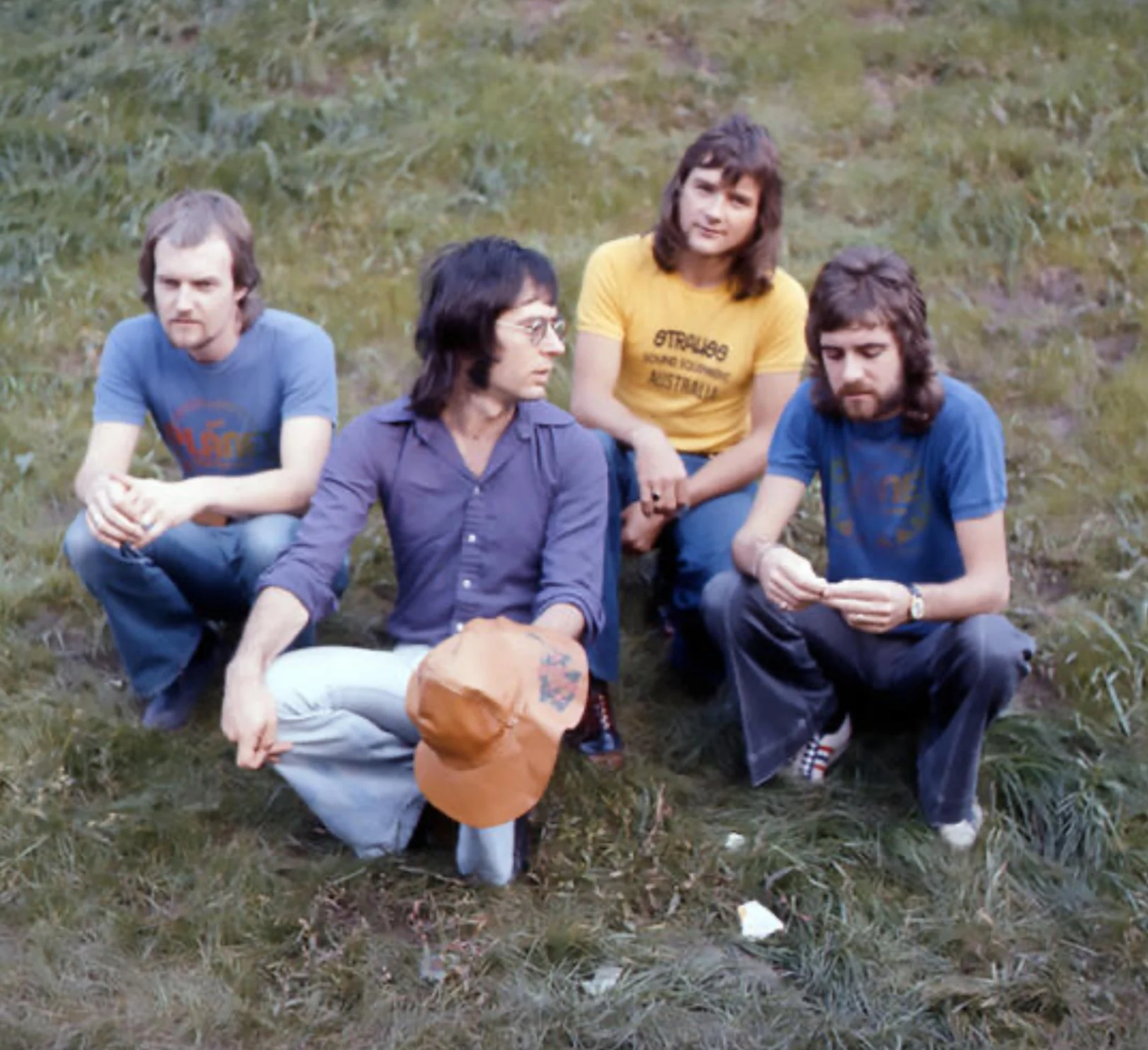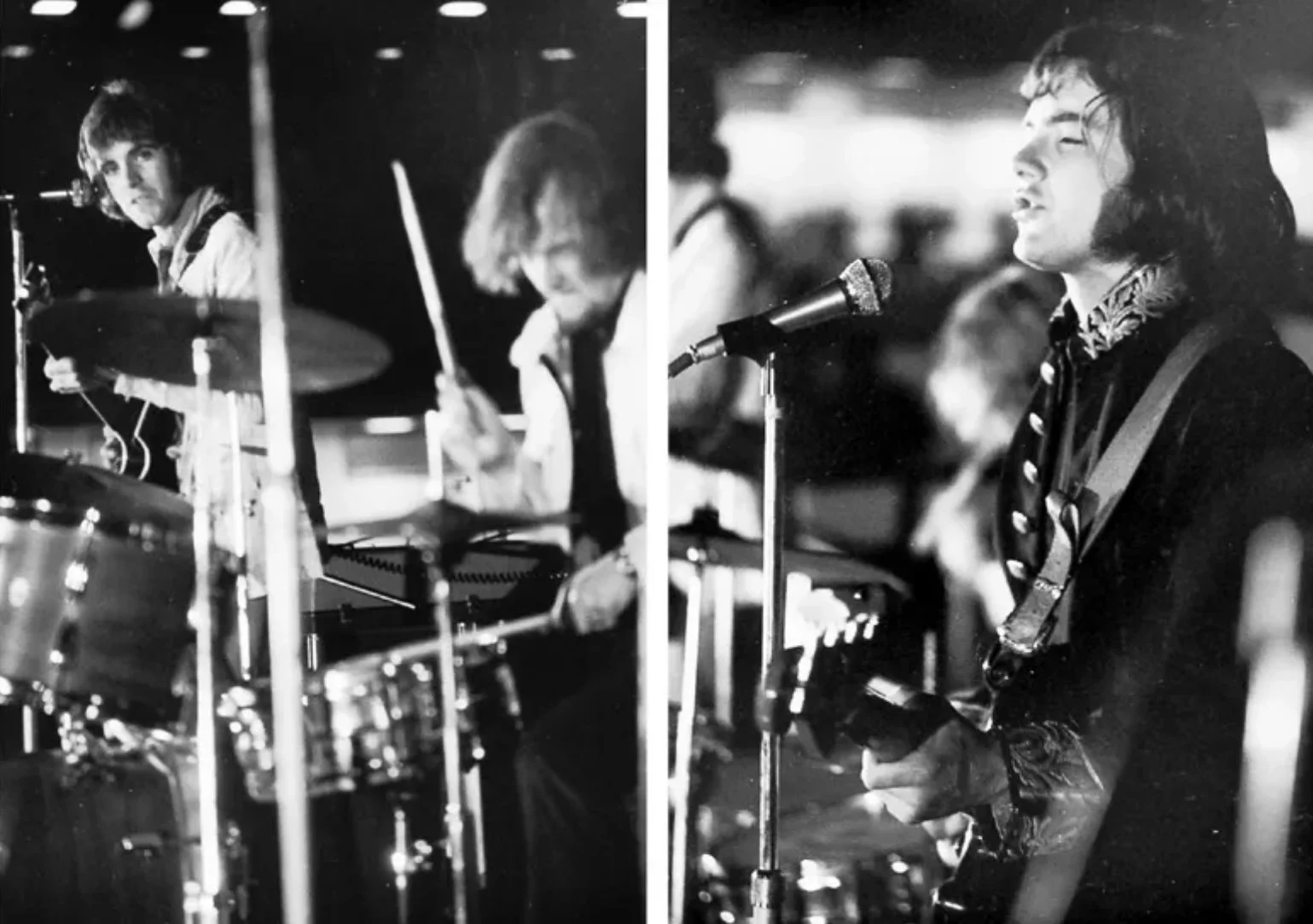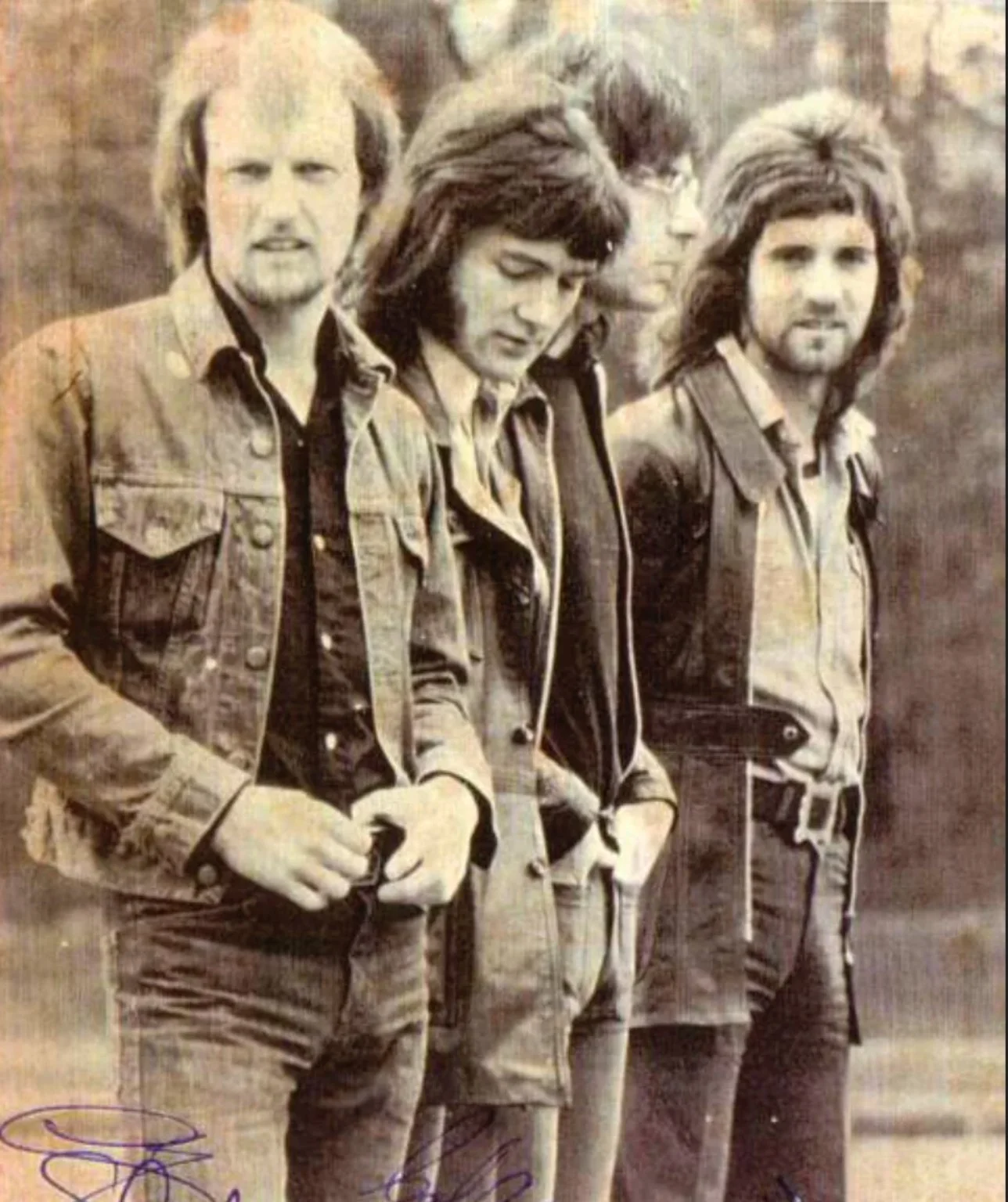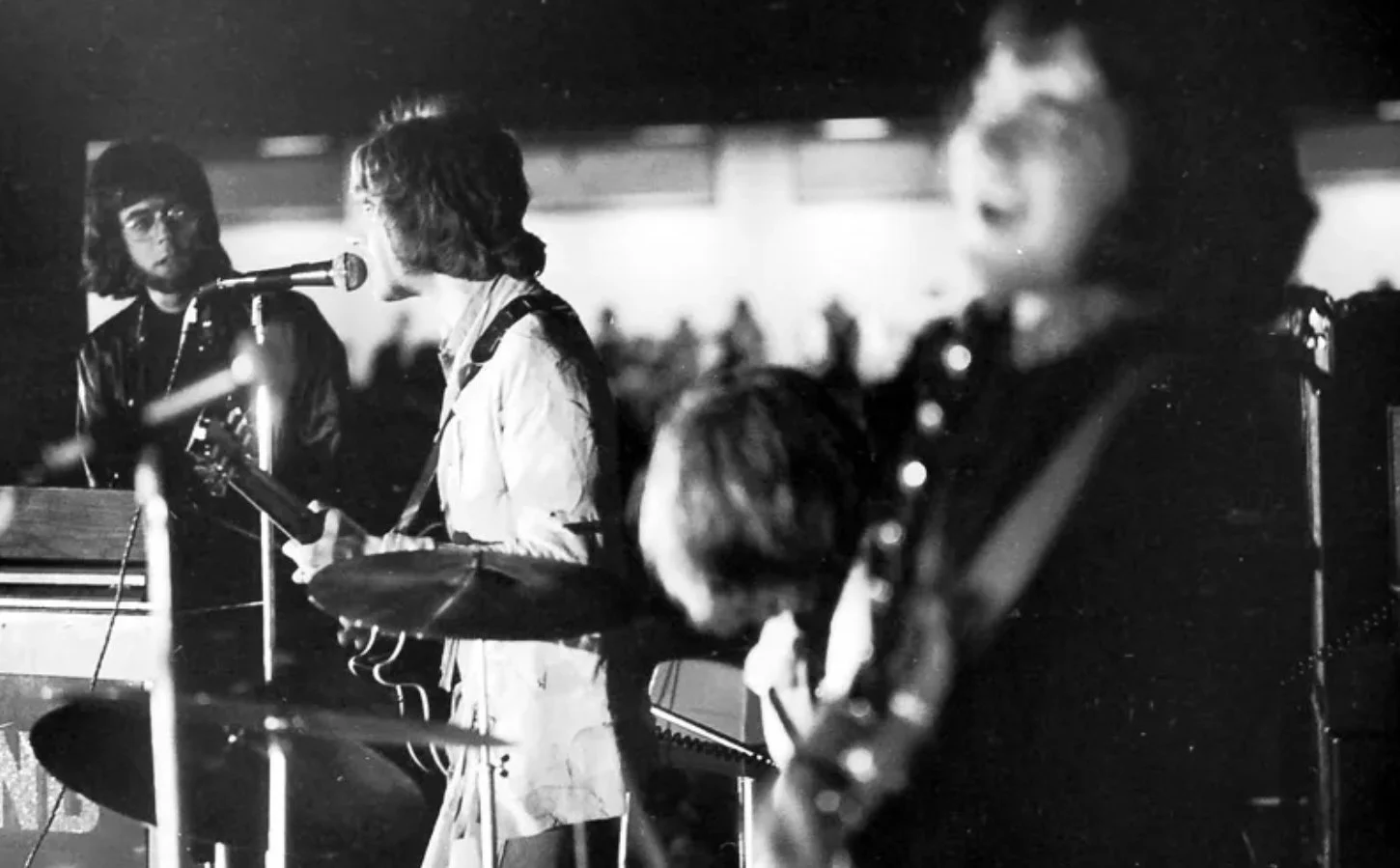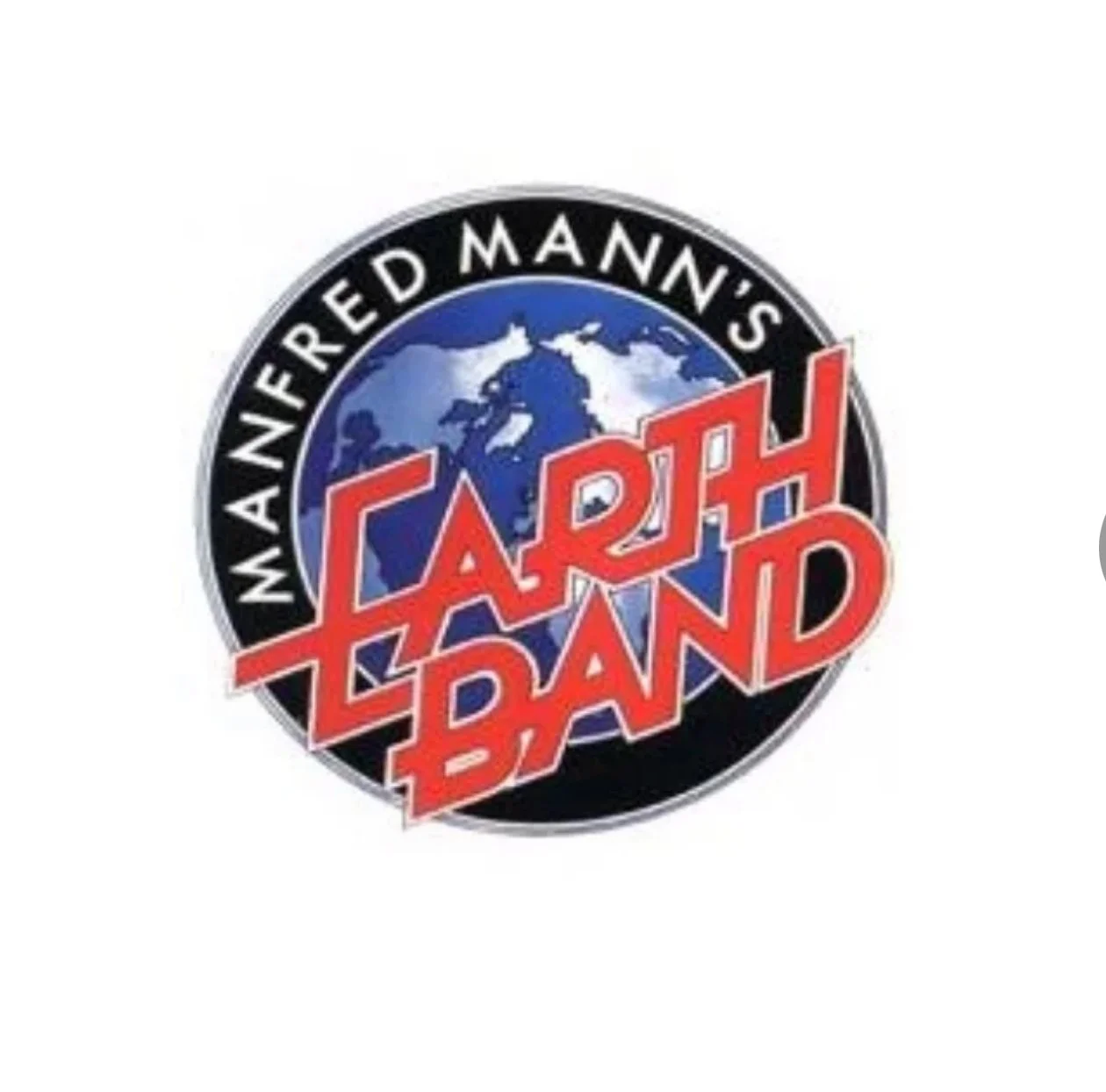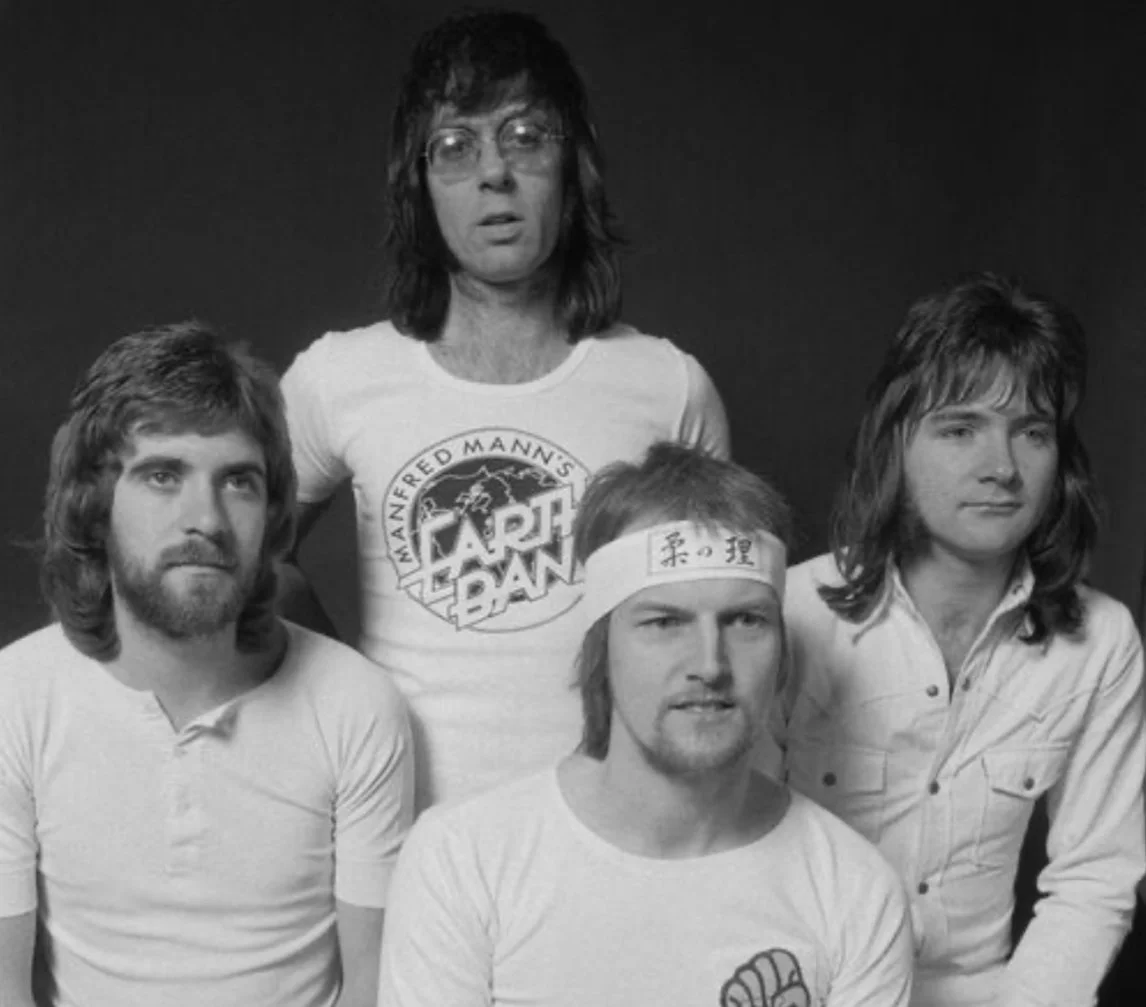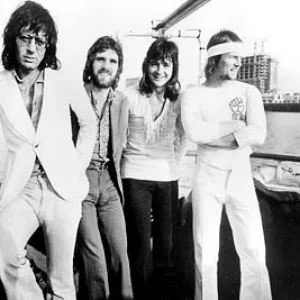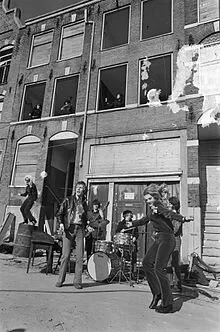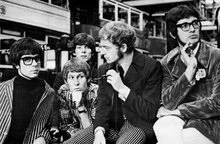On this day, 10 October 1966, rock band Manfred Mann played Cardiff’s Top Rank.
The band were about to release their third studio album As If, their first to feature new members Mike d'Abo and Klaus Voormann.
The twelve tracks on the record include the line-up's first single release, a cut-down version of Bob Dylan's "Just Like a Woman" that reached the UK top ten, and a short cool jazz version of "Autumn Leaves", reminiscent of the Modern Jazz Quartet with Mike Hugg's vibraphone and double bass from the group's former bassist Dave Richmond, sounding like an out-take from the group's instrumental releases: these two make weight for a fairly short collection of group compositions. As d'Abo's presence somehow sparked Mike Hugg into producing baroque pop miniatures, both contribute three songs: d'Abo's "Box Office Draw" and "Trouble and Tea" are well-crafted pop, while "As Long as I Have Lovin'" is a generic soul ballad.
Hugg's "Morning After the Party", also released as a "B" side and on the compilation album What a Mann, recalls the rowdy rhythm and blues of the group's past, while two of his three collaborations with Mann suggest something of the direction they would later take with Manfred Mann Chapter Three. Guitarist Tom McGuinness provides a range of textures, including his trademark National Steel Guitar and contributes sleeve notes and a gentle folk-ballad. The group continued to exploit studio multitracking: keyboardist Mann layering Mellotrons, bassist Voormann taking over from Mike Vickers on flutes.


